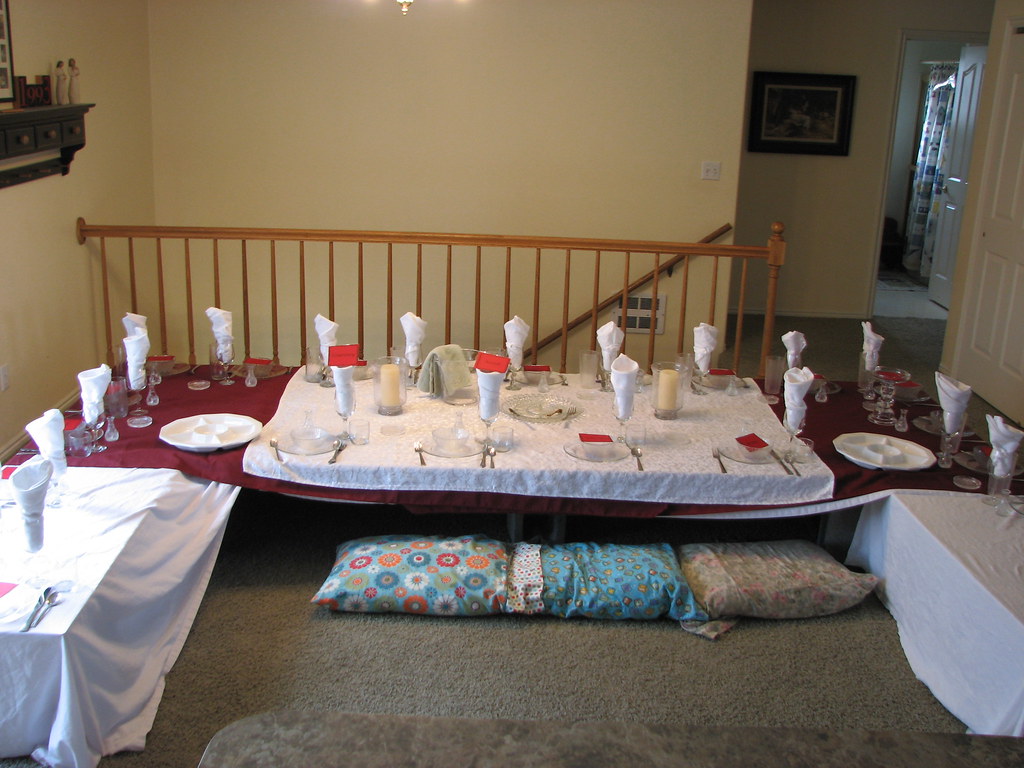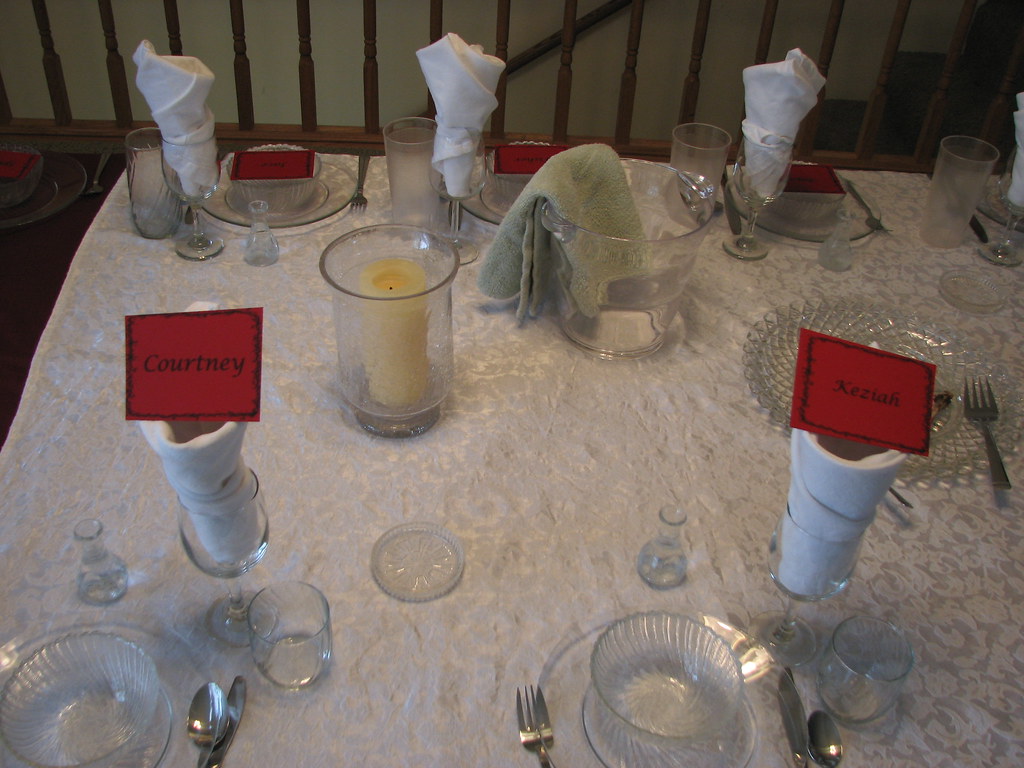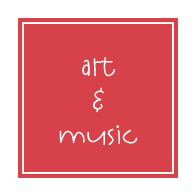passover
We celebrated Passover on Monday night and it was glorious! I love, love, love Passover. I love sharing it with others and creating a magical experience for my family and guests. We are in our fifth year of celebrating Passover and it keeps getting better and better.
It is a lot of work. More work than I think I can pull off each year, but it is totally, 100% worth it. I love the sense of mission it gives our family. I love being connected to millions of people who are doing the same thing at the same time all over the world. I love teaching my children about the House of Israel. I love the beauty of a Passover Seder. I love hearing my husband’s voice as he teaches us the story of the Exodus. I love lighting the Sabbath candles. I love reading books to my children about how other families celebrate Passover. I love how celebrating Passover is a perfect transition into spring, into Easter, and into the Savior’s real birthday.
We have had many people ask us why we celebrate Passover. The short answer is Exodus 12:17 where God says:
And ye shall observe the feast of unleavened bread; for in this self-same day have I brought your armies out of the land of Egypt: therefore shall ye observe this day in your generations by an ordinance for ever.
Leviticus 23, Numbers 9, Deuteronomy 16, 2 Kings 23:21, and many more scriptural references command us to keep the Passover.
But really, the reason we celebrate Passover is deeper than that. More personal.
I have always felt a strong connection to Israel, to the Old Testament, to Jerusalem, to all things Jewish, to the twelve tribes. As a youth I would devour books involving Jewish characters, Old Testament maps, and Sunday School lessons about the ancient symbolism. I planned to go to Jerusalem and live my life out there, studying the Torah, speaking Hebrew, and walking where Jesus walked.
That is not the path God called me to. Instead, he asked me to be a wife and mother. He asked me to homeschool our children. He gave me a different life. A much different life, but one that I love. One that I need. One that teaches me more about love, sacrifice, and faith than a life studying the scriptures would have because I am immersed in the trenches of giving. Giving to those I have grown, birthed, and love more than my own life. Of putting someone else’s needs before my own. He knew my selfishness and self-righteousness would not be cured by living in Jerusalem studying His words.
So I am here.
However, I am trying to create a family culture of love for Christ. Of understanding of symbolism. Of thirst for the ancient truths that testify of the Savior. Of devotion to their Redeemer that is so strong it will last their whole lives through and will nourish them when they are in the difficult places of their lives.
Passover is one of my tools for doing that. The three hour meal is full of beauty that opens the heart, symbolism that opens the mind, and truth that fills the soul with knowledge.
Recently I have been reading The Hidden Christ by James Ferrell. In his chapter on Passover, he says:
In light of their enslavement, the Israelites had a real problem: They were kept from the covenant land that had been promised to their fathers Abraham, Isaac, and Jacob. Somehow, in order to fulfill prophecy, Israel had to be taken out of Egypt. But, as we have discussed in earlier chapters, the covenants made to Abraham, and renewed through Isaac and Jacob were spiritual as well as temporal. Or, more precisely, the temporal aspects of those covenants were types and shadows of the greater spiritual blessings. The biggest problem for the Israelites was not that they were stuck in Egypt. The biggest problem was that Egypt had become stuck in them. In order to fulfill prophecy, Egypt – including the allure of Egypt – had to be taken out of Israel. Unless Israel could be reoriented to Christ, the blessings pronounced upon Abraham, Isaac, and Jacob would be for naught.
Our situation is analogous. We too are separated from our promised land – that is, we are separated from God and are not of ourselves worthy to enter into his presence. That is our problem. But we have a bigger problem: We have come to enjoy the the things that will keep us separated from God. As with the Israelites, our hearts are not fully turned to the Savior.
…and like ancient Israel, latter-day Israel is in danger of becoming intoxicated by the power of the modern culture – the gods, for example, of entertainment, technology, and commerce. If the gods of our culture have captivated us to any degree, then we too, like the ancient Israelites, are in bondage in Egypt.
Given the similitudes, the Israelite story is our story, and their predicament is our predicament. This means that their exodus must be our exodus as well, and the key to their deliverance is likely to be the way to our own.
The heart and soul of the Exodus story – and our story – is found in Exodus 6:6-8: “I am the Lord, and I will bring you out from under the burden of the Egyptians, and I will rid you of out of their bondage, and I will redeem you with a streched out arm, and with great judgments. And I will take you to me for a people, and I will be to you a God…And I will bring you in unto the [promised] land…I am the Lord.”
Those promises reflect both a physical and spiritual deliverance. Significantly, each promise begins with the words “I will.” If we are to be brought out from under our burdens, or freed from bondage, or redeemed, or accounted children of God, or awarded a place in the eternities, it will be because Christ has affirmatively reached out to us with “a stretched out arm.” Without Him there is no promise, for He is the promise.
Thought provoking, isn’t it? I am so loving this book! If you want help unearthing the mysteries and majesty of the Old Testament, go get this book today!
It is my great hope that through our annual Passover Seder my children will learn the path of freedom both temporally and spiritually is through Christ, that they can absolutely count on Him to do His part and that it is up to them to do theirs, and that they are of the House of Israel, not just in words, but that they identify with it on a very personal level.
This is why we celebrate Passover.
This year we had the Lamoreaux family, our Bishop and his dear wife, and the Kessinger family join us. We are always blessed with wonderful guests who help make the night a success.
The table with some pillows already placed (yes, we sit on the floor and recline – it represents freedom from bondage because slaves were required to eat standing up).
A close-up of the name tags Keziah made for everyone:
If you would like to create a Passover experience for your family, I would love to help you. It is so worth it!



 I'm Tracy, a mama with big dreams, crazy ideas, loads of laughter, an insatiable desire to learn, and enormous piles of laundry.
I'm Tracy, a mama with big dreams, crazy ideas, loads of laughter, an insatiable desire to learn, and enormous piles of laundry.





















I will have to read that one by James Ferrell too. I have enjoyed his books. We love celebrating Passover too! Although ours is a little simpler right now. I really enjoyed the Ensign article,”Passover Promised Fulfilled in the Last Supper” by Terry W. Treseder, April 1990. It was a great reminder of how we celebrate the symbolism of the Passover everytime we partake of the Sacrament. I did not see this connection before we began celebrating the Passover. The connection through symbolism is wonderful! And I think you would love the Lost Language of Symbolism by Alonzo Gaskill. It is full of rich symbols of the Old Testament. I’ll admit that I used to struggle connecting to the Old Testament but lately I have been devouring it. Thank you for sharing how you celebrate the Passover. I love family traditions that grow faith in Christ.
Thanks Robyn! I DO love The Lost Language of Symbolism! Great minds think alike !